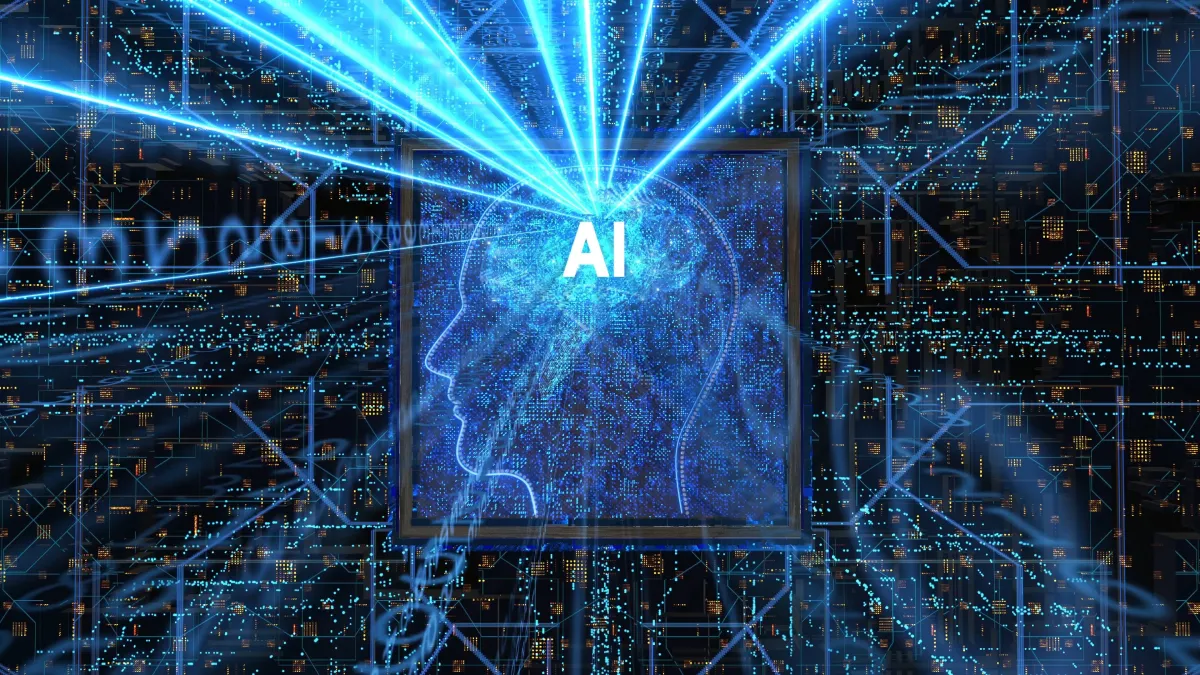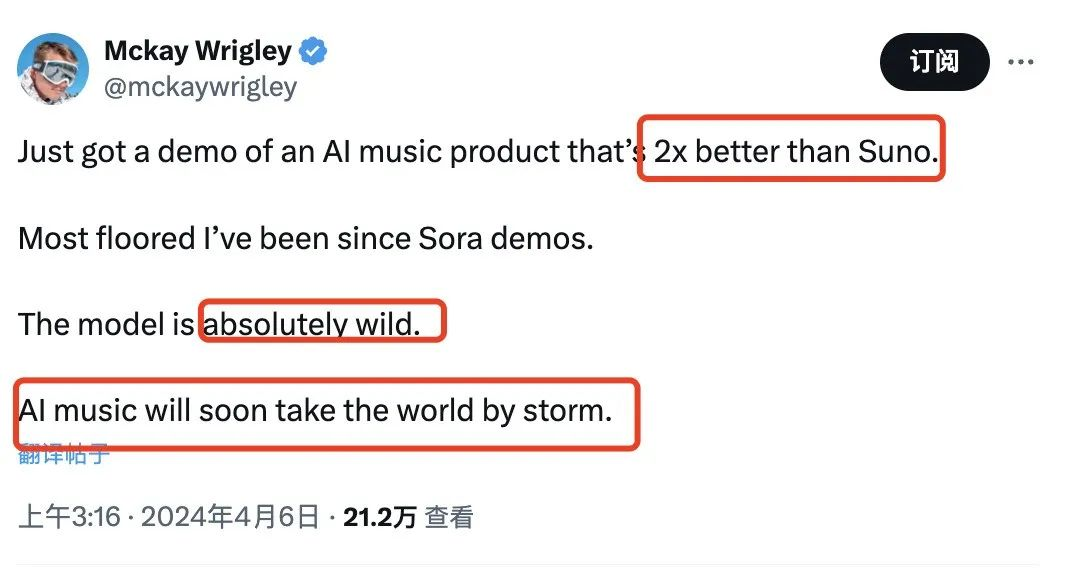A Mysterious “Music Version of Sora” Product
The first demonstration video released by an engineer from NVIDIA
Recently, there has been speculation about a mysterious “music version of Sora” product that is rumored to be launching soon, surpassing even Suno in terms of innovation.

The first demo of this product was released by Bojan Tunguz, an engineer from NVIDIA. Although the demo video was quickly deleted, some quick-thinking netizens managed to archive it. Soon after, a second demo was anonymously submitted, sparking lively discussions on social media.

The general consensus among netizens is that the quality and feel of these two songs are comparable to those on Spotify. This comparison highlights the excellent audio quality of the “music version of Sora” product and implies its potential competitiveness in the music market. Spotify, as a globally leading music streaming service, boasts a huge user base and a rich music library. For the “music version of Sora” to be compared to it is undoubtedly a recognition of its technical prowess.
Reportedly, the true identity of this product may be a product called Udio. Udio not only generates high-quality music but also has simple video creation capabilities, especially dynamic effects for album covers. This demonstrates Udio’s potential in multimedia content creation and suggests that it could become a new platform for music creation and sharing.
Udio’s product features
Udio’s product features are quite extensive. It supports music generation based on text descriptions, such as requesting “a jazz piece about New York.” In addition, Udio can mimic artists’ styles, although it does not include voice imitation. This feature provides users with more creative possibilities. Users can also customize lyrics, remix songs, and use manual mode for creation. These features will undoubtedly attract a large number of music enthusiasts and professional music producers.
Currently, Udio has not been publicly released and is only available through invitation testing. Only invited users can log in to the Udio website to experience it. This strategy may be to control the scope of product testing and ensure valuable user feedback before the public release. It is reported that users who have been invited to try it out include accounts specializing in AI, investors, filmmakers, etc., and their feedback has generally been positive, stating that Udio is on par with Sora, but in the music field.
Although the demo tracks of Udio have received positive reviews, some netizens have raised doubts, suggesting that this may be a publicity stunt. They believe that while Udio may be better than Suno, it is not ten times better. This rational voice reminds us that it is necessary to maintain an objective and rational attitude during the initial release of a new product.
The AI music scene is showing strong development momentum
This year, the AI music scene has shown strong momentum. In addition to Suno and Udio, Stability AI has also released a new model, Stable Audio 2.0, which can create audio tracks up to 3 minutes long. In comparison, Suno currently only supports 2-minute audio creation. This indicates that the application of AI technology in music composition is deepening, and major companies are actively promoting technological progress and innovation.
The future prospects of AI technology in music composition are promising. It not only provides new creative tools for musicians but may also change the production and distribution models of the music industry. With the continuous advancement of technology, we can expect AI music composition tools to bring more surprising works and experiences.
The leak of Udio’s demo tracks has attracted widespread attention from the industry and the public. The high-quality music generation capability and rich creative functions of this product suggest that it may become a new star in the field of music composition. Although it is currently in the invitation testing stage, Udio has shown tremendous potential and market competitiveness. With the continuous deepening of AI technology in music composition, we have reason to believe that there will be more innovations and breakthroughs in the future, bringing new development opportunities to the music industry.






